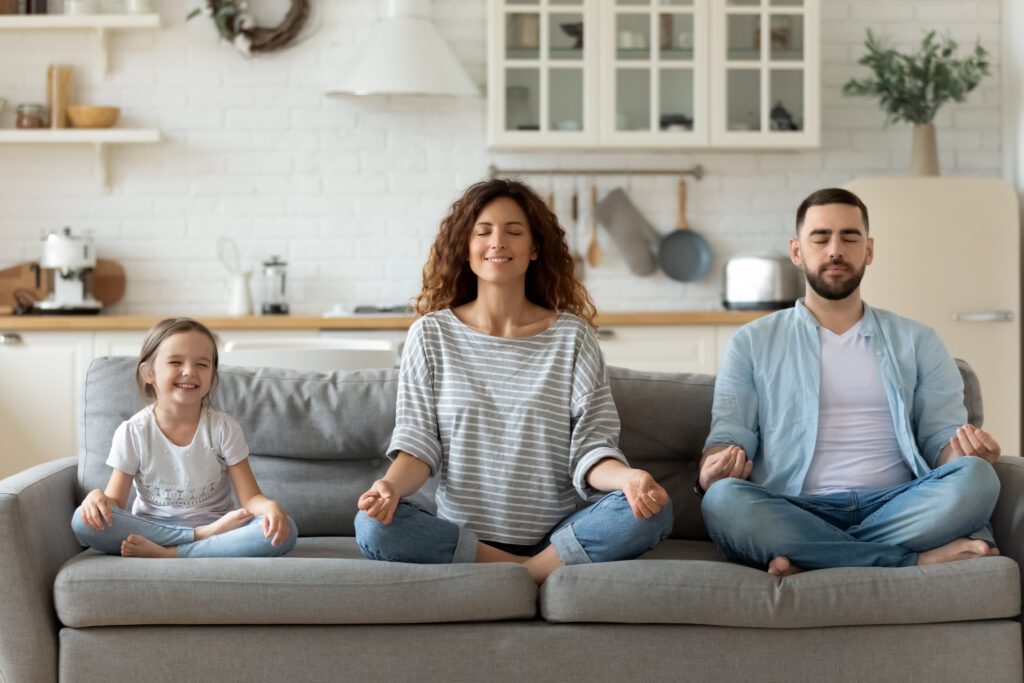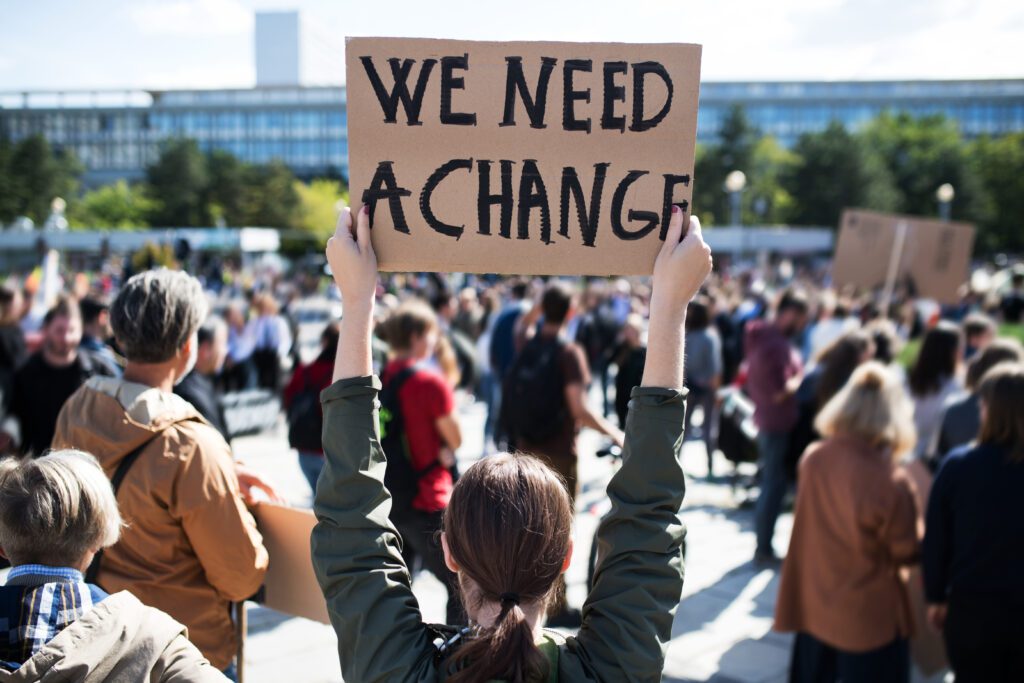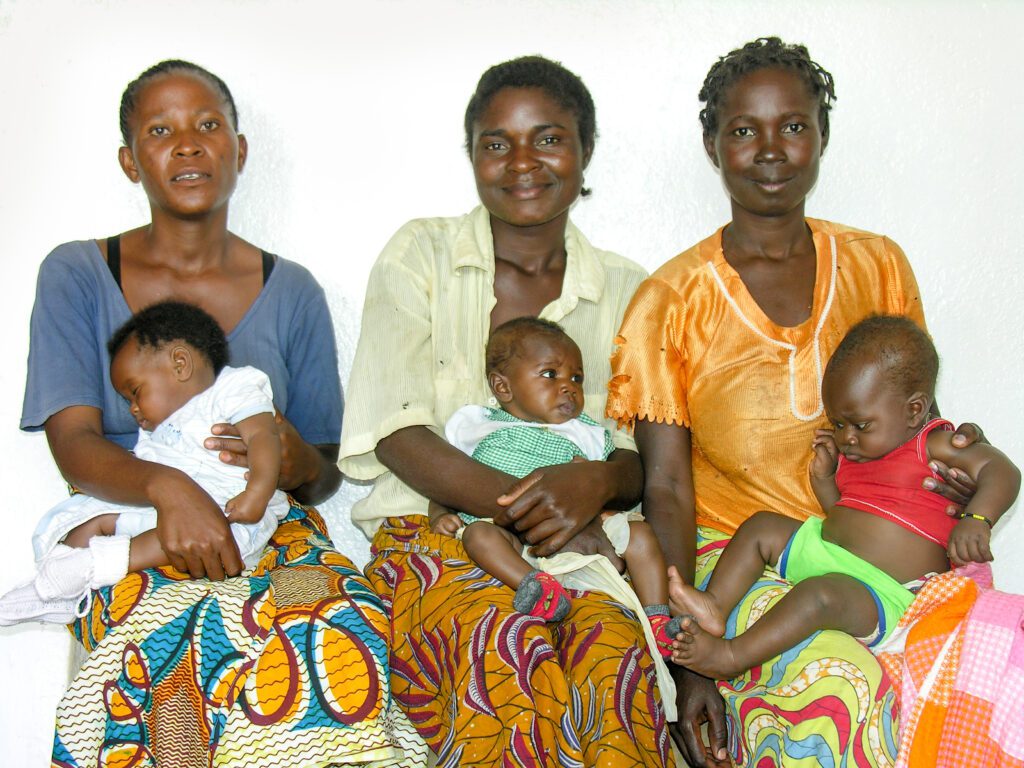Can meditation be a socially responsible act?
When I meditate, am I being socially responsible if I seek peace, calm, and insight for myself? Isn’t that selfish? In a world of so many social problems, environmental crises, wars, injustice, hostility and prejudices, it certainly makes sense to raise such questions.
I ask myself these questions. The answer for me is that meditating broadens my perspective and opens me to how much more there is to life than living for myself alone. I have found that meditation and being socially responsible are not mutually exclusive. Rather I find acts of meditation and social responsibility to be closely intertwined.

HOW DO MEDITATION AND SOCIAL RESPONSIBILITY CONNECT?
I think about how I see myself in the world, in the life I live. This I can do by holding an image in my mind that grounds me in a larger scheme of things. I imagine concentric circles broadening from a small speck in the center that I identify as me, out to ever increasing larger and widening circles. Each concentric circle expands my connection with others and life beyond myself.
For instance, the smallest circle represents my immediate family. Husband, children, relatives. The next concentric circle extends further to include friends, and members of Cafh, my spiritual path. Then to being part of a neighborhood, community, a citizen of a state and a country. Followed by the next concentric circle being a member of the human community. And on and on.
I find grounding, solace, and a sense of responsibility in my picture of how my life fits into a broader scheme of being. It is by being grounded in the awareness that I am not alone. I find solace in the grounding that there are countless others alive on the Earth, as well. Thinking of all that is alive on this Earth – human beings, all forms of wildlife, plants and trees, -I am comforted and awakened to a feeling of interconnectedness and social responsibility.
Interconnectedness and Reciprocity
Here is an example of how I experience this interconnectedness:
Sometimes when I am driving in my car either stopped at a stoplight or driving on a heavily trafficked highway, I notice that in every car there is someone or many people driving in their cars too. I think to myself, “I don’t know anything about the people in the other cars, but I assume that their lives and families are as important to them as mine is to me. They also must have times of challenge, stress, joys and sorrows in their lives. What difference does having that awareness make? I feel responsible towards and connected to people in the other cars. I drive safely not only for myself but for others. It is a kind of reciprocity, giving back because I have received so much.
Here is another example of interconnectedness:
I have a spiritual companion who, after we meditate together, checks an app on her phone that shows how many other people are meditating at the same time. Last time she did this, she said: “There were 792 other people meditating when we were.” There is a special feeling that comes when she does that. It is visible to all of us that she enjoys this reporting, it makes her happy that others are meditating at the same time that we are. She has shown me that, even without consciously realizing it, I am connected to others.
These examples come from my life experience and from an awareness that has developed as a natural consequence of the meditation I do. I can explain more about the connection between meditation and social responsibility by giving a brief description of the meditation practice I learned.

Meditation, Awareness and Connection
The meditation I learned to do is called an inner dialogue or discursive meditation that is taught in Cafh. I hasten to say I share aspects of the inner dialogue or discursive meditation not because I consider this practice The Way, but rather because I have found it useful. For me, it is an illustration, recognizing there are many different ways of meditating. From the get go, the inner dialogue meditation was significant in helping me to realize the connection between my life and the lives of others and between meditation and social responsibility.
How Does the Discursive Meditation Work?
Essential elements of the inner dialogue meditation, which we call Discursive Meditation, are quieting, invoking something beyond myself, whatever that may be named. For example, Divine Mother, Higher Power, Universal Presence. In that presence and state of mind, I bring questions, feelings and thoughts that arise from living my life.
I find this first step of the meditation to be an opportunity to speak from and listen to my most authentic, honest and essential inner voice. That is a lot to open to in my consciousness. The next step of the meditation is a period of waiting or silence.
Let my mind be still
Not having ready answers or immediate new understandings to what I bring to the meditation, I make silence. After this period of quiet waiting, I then listen to whatever comes to me as a response. The response does not arise from the well-known narrative of my every day thoughts. Because of the silence, it comes from a deeper part of my mind.
The response emerges as a discovery, a new awareness that seems to be born of a much broader scope and depth than my individual being.
The three steps of the discursive meditation introduced me to an essential aspect of both meditation and social responsibility. From this meditation I learned the importance of listening: to my most authentic, whole hearted voice. I listen to the silence and to the response. In the same way listening is necessary in relating to others and in acting in a socially responsible way.

CONNECTING THE DOTS BETWEEN MEDITATION AND SOCIAL RESPONSIBILITY
Meditation is an exercise that encourages me to notice and be aware of how I live in relationship to myself, the world I live in and others. For example, I have meditated about the privileged position I have in life purely by the accident of my birth. I am a white, middle – class woman who benefited from a good education that was available to me, and that we could afford. My home is comfortable and our primary needs are met. I know that this is not true for many, many people on this planet.
In my meditation, I take in the fullness of this reality. I imagine I am walking through my day with a Ukranian refugee beside me. In meditation I become aware of the discrepancies of our lives. I imagine how I go to the refrigerator for food while the refugee beside me knows the persistent ache of hunger. In meditation I see myself moving from one room to another in our home, while the refugee beside me has experienced homelessness for days, weeks, months. I put myself in another’s shoes.
Can meditation affect social change?
Does my meditation affect social change? Maybe not in a big way. But it affects change in how I live, with the result that I remain aware of those who have nothing, of not taking more than I need. Does it bring positive social change to the world if I hold this refugee in my heart? No, it does not. But the meditation causes me to be acutely aware of the discrepancies and injustices between our life circumstances, and the least I can do, that I choose to do is to hold the life of refugees in my heart.
On this specific topic of social injustice and social responsibility, for me the dots between meditation and taking action occurred spontaneously. In 2016, in the then daily rhetoric reported on the news, I heard comments about how Muslims were not welcome in the United States. I was stunned, horrified, and my sensibility about what was the most humane way of responding to others in distress was deeply hurt. The statement that not everyone was welcome in the US was offensive to me. I mention this not as a political response. My response was personal, social and human.
I took a small action. I decided to step out of my circumstance of semi-retirement to apply for a position to work as a home visitor at a resettlement agency for refugees from many different countries. By profession I am a social worker and therapist. I had worked with children and their families for many years, but I had never before worked with refugees.
Take small actions
What an enlightening, expanding, and rare opportunity it was for me to relate to people with very different life experiences! The level of need for people referred to by the resettlement agency as “new arrivals,” was a daily encounter with how small my world is and how much of other people’s lives I do not know.
As a home visitor, accompanied by a translator, we went into the homes of families from the Middle East, the Congo, Malaysia and other countries. Following the custom of people from the Middle East, we took off our shoes as soon as we entered a home. We accepted the food they offered to us. We sat on the floor, most often with a mother and her young child/children and listened to all they had endured, and how earnestly they wanted to adapt to their new lives when so much of their former lives was left behind.

I facilitated a group to offer support and guidance to young pregnant women from the Congo. They were in different months of their pregnancies. None of them had received medical care similar to what women receive in the US. In their home countries during pregnancy they were supported by family members and other women in their communities. The thought of delivering a baby in a western hospital was unfamiliar to them and very frightening.
Responding to needs
Many of my colleagues at the resettlement agency were refugees themselves. Some of the male colleagues I worked with had been imprisoned and tortured. Yet here they were. Determined to contribute to other refugees by being present and responsive. Did my colleagues think of themselves as being socially responsible? I don’t think so. In our conversations, they said they too knew what it was like to live in a state of war, hunger, homelessness and loss. They stated they cared and wanted to respond.
Why do I share these examples from my years at the resettlement agency? Certainly not with feelings of pride or self-importance. But rather that work was a gift I cherish with the greatest care and warmth for the people I was with. For me, that experience was an instance when meditation and action were one and the same.
TO SUMMARIZE, IS MEDITATION A COP OUT TO BEING SOCIAL RESPONSIBILE?
Answering for myself, the answer is no, not for me. Meditation is not contradictory to taking responsibility in whatever way I can for the state of the world. I will explain why I feel this way. A blog is a one-sided form of communication. As I write this blog I wonder how you, the reader, might answer that question. Issues of social injustice, white privilege, racial and ethnic inequities are common. I can only write from my own limited experience.
To be honest, I find listening to the news difficult. Hearing about mass shootings, the life circumstances of unaccompanied minors, global warming and the havoc it reeks on our planet, the numbers of people who go hungry every single day. I’ll stop here. The list, or more accurately the experiences continue on and on. In the face of all this human suffering I ask what can I do?
What More Can I Do?
Asking what can I do is an essential question in supporting positive social change.
I am just one individual. Even if I wanted to, I can’t stop all the destructive actions on this Earth. In the face of the enormity of the social problems that confront us all, a primary truth I have learned from meditation is that I am responsible for how I live my life. For instance, as a result of meditating about how my heart closes against those who think differently than I do, I become aware of the hardening of my heart, my reactivity and judgement of another in real time. I notice how my reactivity keeps others at arm’s length. I feel acutely how when my heart is as hard as stone, I cannot express myself and others cannot communicate with me.
When the meditation exercise of 10, 15, 30 minutes has ended, it is not over. That understanding lives inside of me. I notice when I keep others out because I don’t like what they say or do, and my longing or interest in living as a decent, caring human being exceeds my reaction. As a consequence, my heart softens. I behave differently. I am more able to listen to another person’s life experience for what it means to them.
Taking responsibility for how I live my life, helps me to behave in a more socially responsible way. Not 100% of the time, but my intention to live differently encourages me to keep making the effort.
About the Author(s)
Allegra Magrisso is a social worker, therapist, long time meditator, mother and grandmother.





